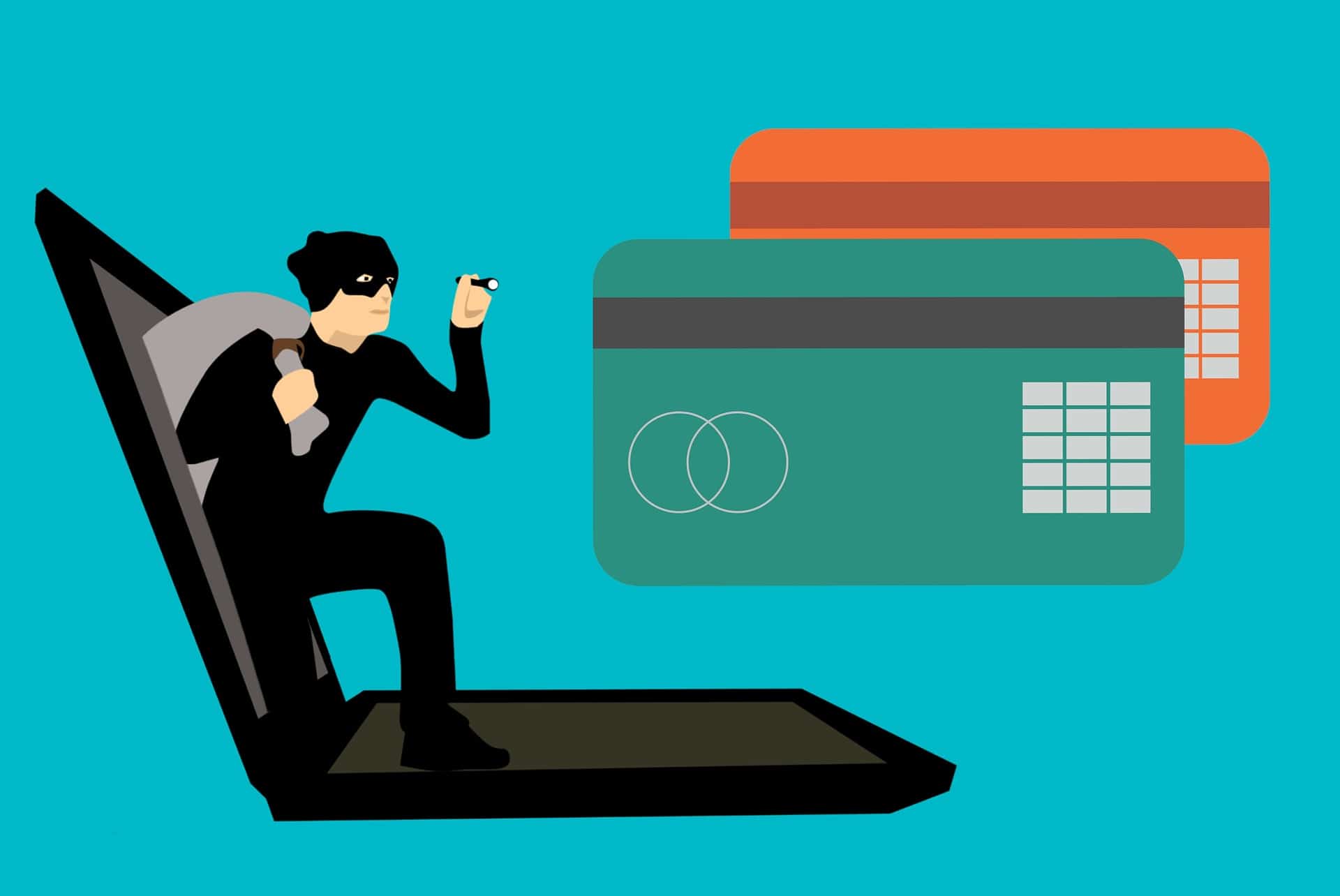
The advent of the internet has opened an avenue for crime that resembles the wild, Wild West of the late 1800s. Its use and misuse have required a response from law enforcement to curtail its spread and bring the perpetrators to justice. Internet crimes come in all shapes and sizes, from phishing scams, to blackmail, hacking, harassment, and bullying. The prevalence of crimes that are being committed on the Internet every day is mind-boggling.
The most alarming piece of this trend is the effect that Internet crimes have had on children. The internet is prevalent in most homes nationwide, and many children have smartphones. Both the computer and the smartphone are avenues for a cyber-criminal to enter the most personal spaces of your children’s lives. As a parent, you ought to measures to protect them from predators that seek out children through this medium.

Internet Crimes against Children
While all children that use the internet are at risk of an encounter with a predator, some children are more vulnerable than others. Older teens have more unfettered use of the internet than younger children, making them prime targets for internet crimes. The use of chatrooms, e-mail and the transfer of pictures online can make children unwitting targets of cyber criminals.
The Internet Crimes Against Children task force (ICAC) was started by the United States Department of Justice’s Office of Juvenile Justice and Delinquency Prevention (OJJDP) in 1998. At its beginning, there were only ten task forces, but that number has grown to a network of 61 coordinated task forces that represent more than 3,000 Federal, state and local law enforcement and prosecuting agencies. Together they are engaged in reactive, proactive and forensic investigations and criminal prosecutions of crimes committed against children. (ICAC Task Force)
The fact that the government saw fit to develop this task force in 1998, in the first few years of the explosion of the internet into homes across the country, is a credit to their foresight of what the internet would bring in respect to our children. The challenges that arose for law enforcement agencies and victim advocates required that they protect internet users while conducting investigations, securing evidence, and identifying and catching offenders of internet crimes. Child victims of internet-based crimes require a different approach to victim advocacy due to the nature of internet crimes and the effect that the crime can have on the victim, family and community.

How to Report Internet Crime
Are you, or is your child, a victim of an internet crime? If so, you need to report it to the proper authorities. The FBI internet crime complaint centre gives you a method to report an internet crime that has been enacted toward you or your children. Complaints to this site can be made by the victim or a third party. Providing accurate, complete information to the FBI regarding an internet crime will help them process your complaint.
The FBI lists the most active internet crimes on their site, giving you a place to go to if you wish to stay on top of current threats on the internet and providing educational material to help you create a safer environment for you and your children when using the internet. Education is the first line of defence when dealing with internet crime.
The Top Internet Crimes
There are a few Internet crimes that are more common than others. The following are some of the top crimes that are seen the most by those in law enforcement.
- Non-delivered packages and payment
- Identity Theft
- Auction Fraud
- Credit Card Fraud
- Tax-refund Fraud
- Intellectual Property Theft
- Theft of sensitive data
While these are the most common internet crimes, sexual crimes have been on the rise due to the internet. Sexual predators find the anonymity of the internet to be a great medium for luring children into their traps. They prey on their innocence and curiosity. Keeping an open line of communication with your children and making yourself aware of their web surfing habits can help you prevent your child from becoming a victim of one of these deviants.

Be Proactive
Making yourself and your children aware of internet crimes is part of the battle when protecting yourself and them from online predators. Adding safeguards to your computers and smartphones is part of that defence. Using anti-virus, malware and ad-ware software can keep all but the most determined from hacking your information.
As for children using chat rooms, Facebook, Twitter and multiple other instant chat mediums, you have several means available to you that will help protect them from internet crime. You can set filters on the browsers of computers used by your children that will only allow access to certain sites. As they become older and more responsible with their internet usage, you can slowly lift limitations.
Make yourself aware of ongoing scams, and never open a file attachment from anyone, unless you know them. This is one of the most common methods used to access your computer. Tell your children the same. Internet crimes are not going away, and as time goes by cyber criminals will get more devious in their methods to part you from your money or your children from their innocence. Be proactive; and be aware of your actions in cyberspace, as well as those of your children.
